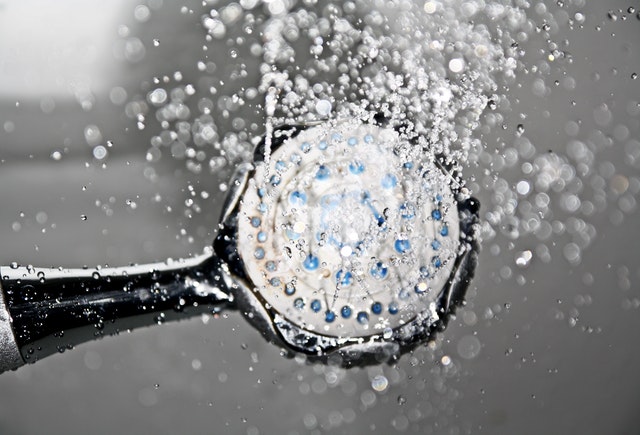Cold exposure by way of showers and baths is not a new practice.
In this article, I hope to change your mind about enduring some of the discomforts that come along with an icy shower. There have been various randomized controlled trials and explorations into the pros of including a cold splash in your life’s routine.
We can find some historical examples where deliberate cold exposure has been used for various benefits. Some say Spartans used cold water showers to increase their alertness in battle.
The Indigenous communities are known to use sweat lodges and jump into a cold river for its many benefits. Also, early Russians frequented cold rivers for their health benefits.
Some of the benefits of taking a cold shower include; strengthening the immune system, increased hormone production and increased circulation and metabolism. Studies suggest that taking regular cold showers can help to alleviate depression, speed up healing and even improve male infertility.
A study, relayed by Alison Beard, Harvard Business Review: From the Magazine (March–April 2018), says: “Geert A. Buijze and his colleagues asked 3,000 volunteers in the Netherlands to finish their morning showers with a 30, 60, or 90-second blast of cold water, or to shower as they usually did, for 30 consecutive days. Researchers then looked at the work attendance records of the same people over that period. On average, in all the groups that doused themselves with cold water, people were absent 29% fewer days than people in the control group. The researchers’ conclusion: Cold showers lead to fewer sick days.”
For those of you who want to dive deep into the science and benefits of cold showers, we suggest you watch this video by Andrew Huberman, which is packed with tons of valuable intel, stories and strategies surrounding the freezing drizzle and the many positive and powerful effects it has on your mental health, physical health, and overall performance.
*We encourage you to consult your physician regarding cold showers and their many applications.
Words by Kaba Abdul Fattaah.








